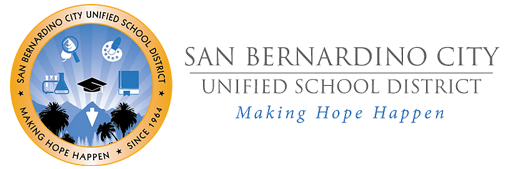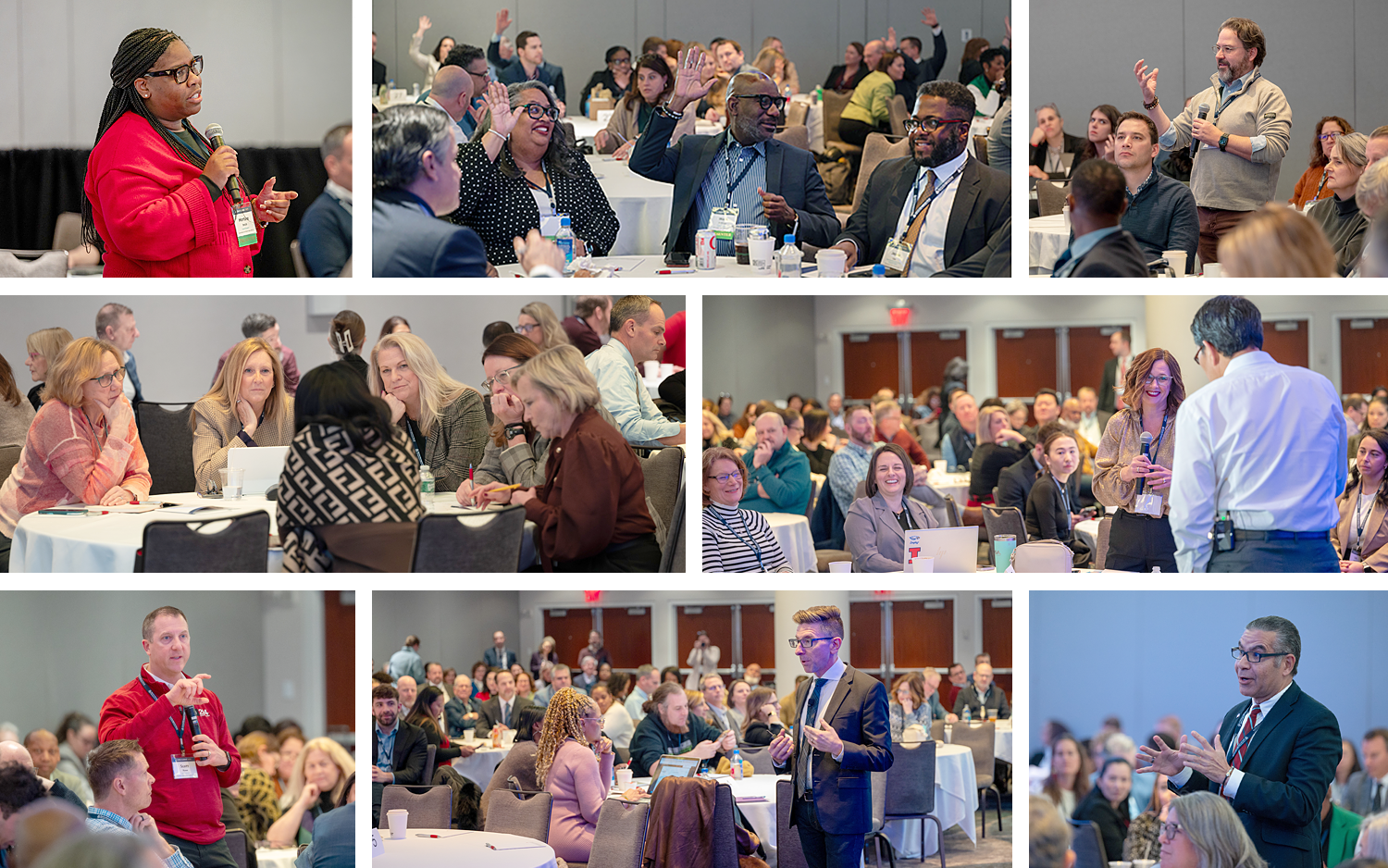Fireside Chat: Harnessing the Power of AI for Future-Ready Learning
Artificial Intelligence (AI) is rapidly transforming education, redefining how we teach, learn, and connect in classrooms around the world. In this fireside chat, participants explored recent developments in AI in education and discussed the opportunities and challenges these tools present, as well as their potential to empower both educators and students.















